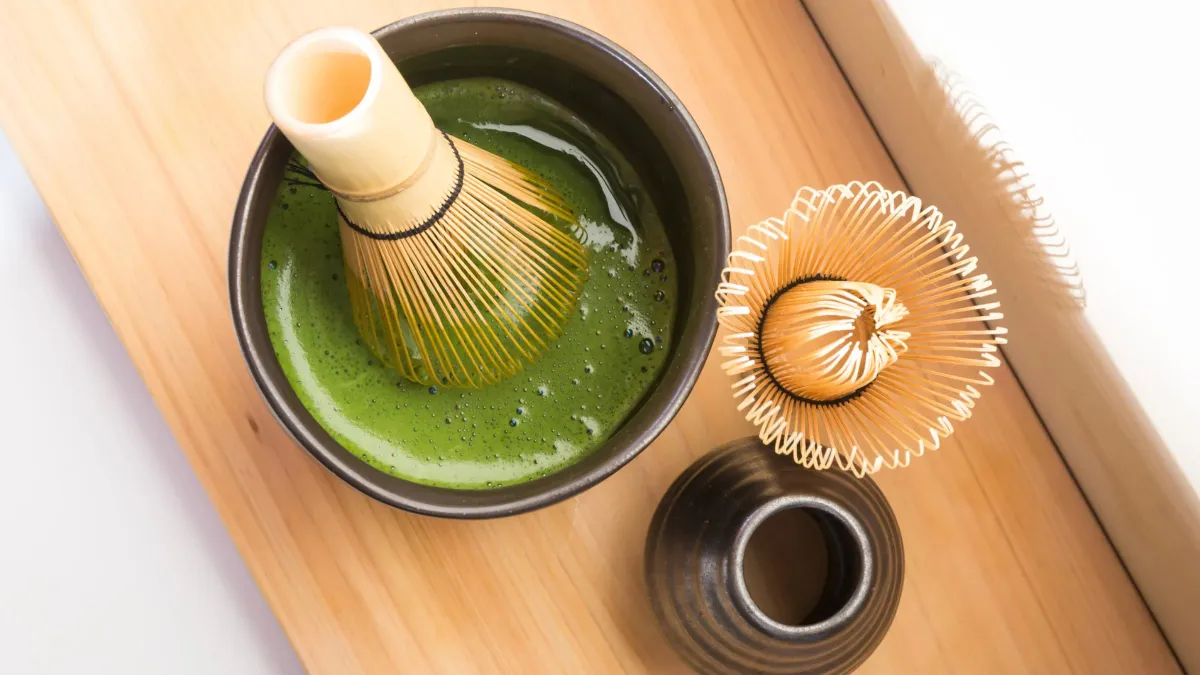Matcha, the vibrant green powdered tea, has transcended its traditional roots in Japanese tea ceremonies to become a global phenomenon. Beyond its distinctive flavor, matcha is celebrated for its array of health benefits, making it a popular choice among wellness enthusiasts. In this article, we’ll delve into the myriad advantages that make matcha a powerhouse of nutrition and well-being.
Rich in Antioxidants:
Matcha is renowned for its exceptional antioxidant content, primarily catechins, with a special focus on epigallocatechin gallate (EGCG). Antioxidants combat oxidative stress in the body, helping to neutralize free radicals and potentially reduce the risk of chronic diseases.
Enhanced Mental Alertness:
Unlike coffee, matcha provides a more balanced caffeine release. The presence of L-theanine, an amino acid, promotes a state of alert relaxation, preventing the jitteriness often associated with excessive caffeine consumption. This unique combination boosts cognitive function and concentration.
Metabolism Boost and Weight Management:
Studies suggest that the catechins in matcha may contribute to an increase in metabolic rate, aiding in fat oxidation. Regular consumption, combined with a healthy lifestyle, may support weight management and fat loss.
Detoxification and Immune Support:
Chlorophyll, the green pigment in matcha, is known for its detoxifying properties. It helps eliminate heavy metals and toxins from the body. Additionally, the vitamins, minerals, and antioxidants in matcha contribute to a strengthened immune system.
Calm Energy and Stress Reduction:
The combination of L-theanine and caffeine in matcha creates a calm yet alert state. This dual effect not only enhances concentration but also helps in reducing stress and promoting a sense of relaxation.
Heart Health:
Regular consumption of matcha may contribute to heart health by helping to lower bad cholesterol (LDL) levels and maintain healthy blood pressure. The antioxidants in matcha support cardiovascular well-being.
Blood Sugar Regulation:
Some studies suggest that matcha may aid in regulating blood sugar levels, making it potentially beneficial for individuals with diabetes or those at risk of developing insulin resistance.
Nutrient-Rich Superfood:
Matcha is a concentrated source of nutrients. One cup of matcha is equivalent to consuming the entire tea leaf, providing a wealth of vitamins (A, C, E, K, and B-complex), minerals (potassium, calcium, iron), and fiber.
How to Incorporate Matcha into Your Routine:
- Traditional Matcha Tea: Whisk matcha powder with hot water for a frothy cup.
- Matcha Lattes: Blend matcha with your choice of milk for a creamy and nourishing latte.
- Smoothies and Baking: Add matcha to smoothies, yogurt, or use it in baking for a nutritious boost.
READ MORE: Matcha Vs Coffee: Which one is a better option for you
ALSO READ: How to make the perfect ‘Matcha Tea’ at home
As you savor the vibrant green infusion of matcha, you’re not just enjoying a flavorful beverage – you’re partaking in a ritual that has been cherished for centuries. From the calm energy it imparts to the wealth of health benefits it offers, matcha stands as a testament to the potential harmony between taste and well-being. So, raise your matcha-filled cup, and let each sip be a step towards a healthier, more energized you.


